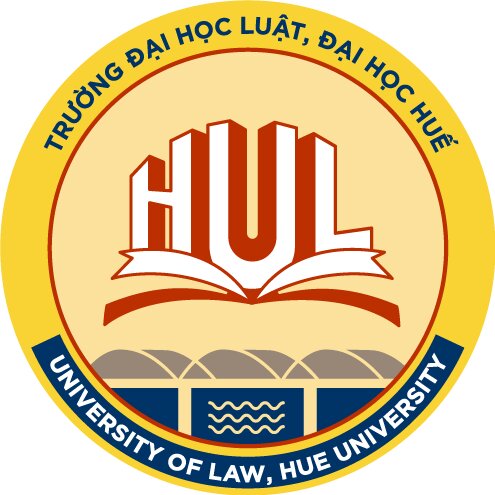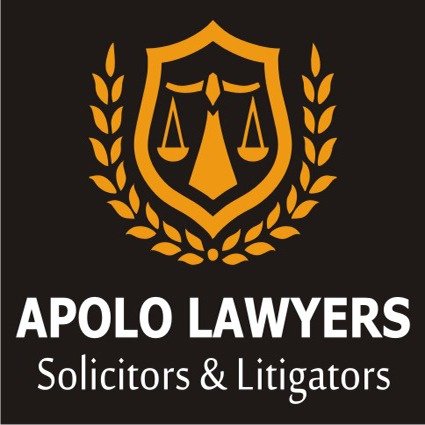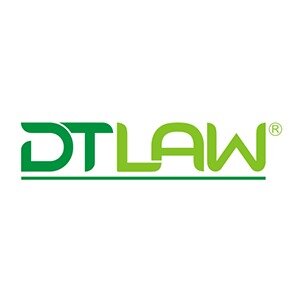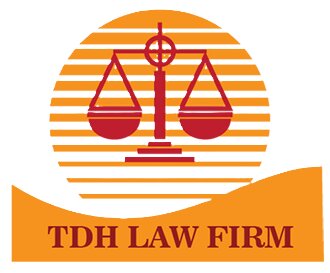Best Wrongful Termination Lawyers in Ho Chi Minh City
Share your needs with us, get contacted by law firms.
Free. Takes 2 min.
List of the best lawyers in Ho Chi Minh City, Vietnam
![[DDC] DONG DU INTERNATIONAL ACCOUNTING, TAXES & LEGAL CONSULTING GROUP HCMC VIETNAM](https://lawzana.com/storage/firms/2690/17617306202399.jpg)
About Wrongful Termination Law in Ho Chi Minh City, Vietnam
Wrongful termination law in Ho Chi Minh City, Vietnam refers to the legal protections in place to ensure that employees are not unfairly dismissed from their job. Both Vietnam’s national labor code and Ho Chi Minh City's specific regulations address this issue, stipulating the conditions under which an employer can legally terminate an employee’s contract. Wrongful termination can include dismissal due to discrimination, retaliation, refusal to commit an illegal act, or breaching the terms of the labor contract.
Why You May Need a Lawyer
Engaging a lawyer can be vital if you believe you have been wrongfully terminated. They can provide assistance in understanding the complexities of the law, gathering evidence, negotiating compensation and, if necessary, litigating on your behalf. Common situations where help may be required include disputes involving discrimination, contracts, severance pay, unfair treatment, and any instance where your rights under the Labor Code were violated during termination.
Local Laws Overview
Under Vietnamese labor law, and by extension Ho Chi Minh City, employers must provide legitimate reasons for the termination of an employee. These reasons can include poor performance, disciplinary issues, company redundancy or economic reasons. Moreover, an employer must follow the correct process for termination as stipulated by the law, which includes providing adequate notice and severance based on the employee's length of service. Failing to adhere to these rules can result in a wrongful termination claim.
Frequently Asked Questions
What constitutes wrongful termination?
A wrongful termination occurs when an employer terminates an employee in violation of legal protections, such as discrimination, retaliation, or violation of labor contract terms.
Can I file a claim if I was wrongfully terminated?
Yes, if you believe you were wrongfully terminated, you can file a claim with the Department of Labor, Invalids, and Social Affairs or consult with a legal professional to discuss potential legal recourse.
What proof do I need for a wrongful termination claim?
Evidence can include written communication, witness testimony, inconsistencies in the employer's stated reason for dismissal, and any proof of violation of the labor code or contract.
Do I have the right to severance pay?
Yes. Under Vietnamese labor law, employers are obligated to provide severance pay based on the employee's term of service, if the termination is not due to disciplinary issues.
Can an employer fire me for no reason?
Technically yes, but they must adhere to the lawful process which includes providing adequate notice and compensation. However, the reason cannot be illegal under the Labor Code.
Additional Resources
You can reach out to the Department of Labor, Invalids and Social Affairs for questions about employment termination. Various non-governmental organizations provide resources online and legal professionals specializing in labor law can provide advice and representation.
Next Steps
If you believe you've been wrongfully terminated, gather all evidence related to your termination, consult a labor law attorney, and report your situation to relevant authorities. Always ensure you understand your rights and obligations under the Labor Code to fully assess your situation.
Lawzana helps you find the best lawyers and law firms in Ho Chi Minh City through a curated and pre-screened list of qualified legal professionals. Our platform offers rankings and detailed profiles of attorneys and law firms, allowing you to compare based on practice areas, including Wrongful Termination, experience, and client feedback.
Each profile includes a description of the firm's areas of practice, client reviews, team members and partners, year of establishment, spoken languages, office locations, contact information, social media presence, and any published articles or resources. Most firms on our platform speak English and are experienced in both local and international legal matters.
Get a quote from top-rated law firms in Ho Chi Minh City, Vietnam — quickly, securely, and without unnecessary hassle.
Disclaimer:
The information provided on this page is for general informational purposes only and does not constitute legal advice. While we strive to ensure the accuracy and relevance of the content, legal information may change over time, and interpretations of the law can vary. You should always consult with a qualified legal professional for advice specific to your situation.
We disclaim all liability for actions taken or not taken based on the content of this page. If you believe any information is incorrect or outdated, please contact us, and we will review and update it where appropriate.















